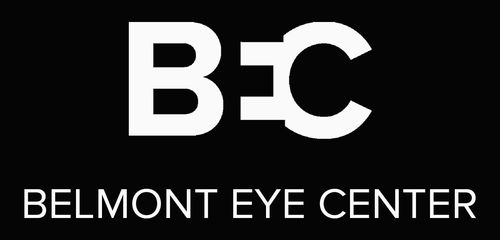During cataract surgery, New York City cataracts surgeon Dr. Sandra Belmont gently removes the cataract-diseased (cloudy), natural lens inside your eye that is causing poor vision and replaces it with an intraocular lens implant (IOL), so the patient can see clearly after surgery. Some patients choose a traditional monofocal IOL, which only offers clear vision at one distance — near, far or intermediate. This means that, often, patients with traditional IOLs still need to use prescription eyewear to view a computer screen, read or see an object at arm’s length.
For certain patients, this is perfectly acceptable. Patients with a more active lifestyle might benefit from a premium IOL. Belmont Eye Center in New York City offers a range of premium IOL choices to fit your specific lifestyle. Read on for more information.
Toric IOLs
This type of premium IOL corrects astigmatism, a refractive error causing the eye to focus light improperly. In a normal eye, light is focused onto a single point on the retina. In an eye with astigmatism, light is focused at multiple points, whether behind the retina, in front of the retina or both. Fortunately, premium toric IOLs are designed to correct certain forms of astigmatism.
Multifocal and Accommodating IOLs
While traditional IOLs allow you to see well at a single distance, premium multifocal and accommodating IOLs allow you see clearly at multiple distances. Accommodating IOLs have a hinge that allows them to work with the eye’s muscles, mimicking the ability of a natural, healthy eye lens to change focus from one distance to another.
Aspheric IOLs
Traditional IOLs have a uniformly spherical shape. In contrast, aspheric IOLs are slightly flattened on the sides, or the periphery, improving contrast sensitivity (the eye’s ability to distinguish increments of dark versus light). Certain aspheric IOLs also help reduce glare, halos or other vision aberrations.
To schedule a consultation with Dr. Belmont to see if cataract surgery and premium IOLs might be appropriate for you, contact Belmont Eye Center by calling (212) 486-2020 or by clicking here.
